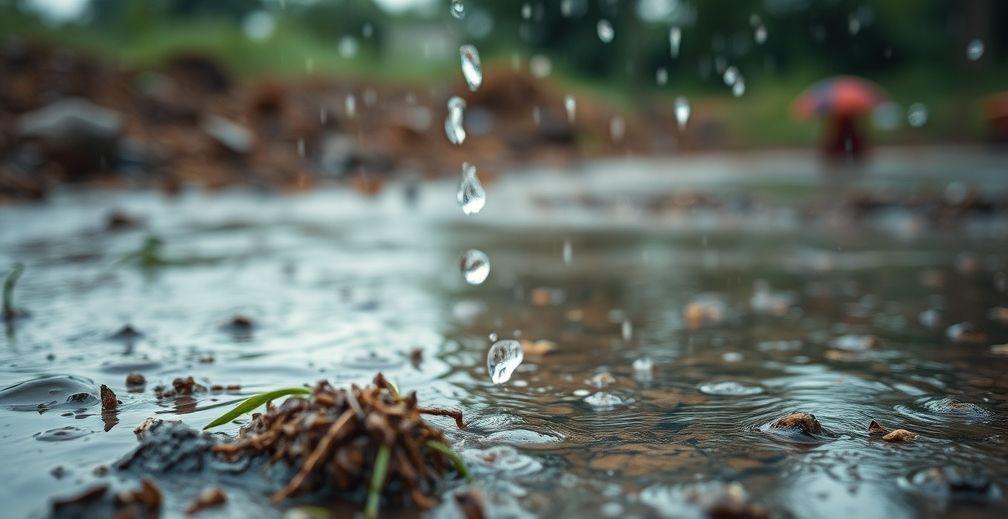Scientists are calling for an enhanced annual assessment of groundwater recharge rates to ensure the long-term sustainability of groundwater resources in regions like Telangana, which features hard rock terrains. Despite an average annual rainfall of 960 mm, only an estimated 10–15% contributes to groundwater recharge. This limited contribution is attributed to geological formations, specific land use and land cover patterns, and unpredictable rainfall, leading to a highly variable recharge scenario.
Research indicates complex recharge dynamics; for instance, two consecutive years of ample rainfall resulted in lower recharge during the second year, while a drought year followed by favorable precipitation tended to increase recharge. Overall, drought periods have negatively impacted groundwater availability. The study also highlights significant human impact, noting that groundwater-irrigated areas have expanded 2.5 times over the past three decades due to increased rice cultivation, despite farmers' awareness of water scarcity.
To address these challenges, experts recommend implementing crop rotation strategies based on annual water availability. While existing initiatives like Mission Kakatiya and improvements in surface water irrigation have contributed to water management, the study underscores the necessity for a comprehensive groundwater management plan. This plan should include new development regulations and electricity policies specifically designed to deter excessive groundwater exploitation and promote sustainable resource use.
Source: https://www.thehindu.com/news/national/telangana/rainfall-isnt-enough-scientists-call-for-smarter-groundwater-management-in-telangana/article70197747.ece

